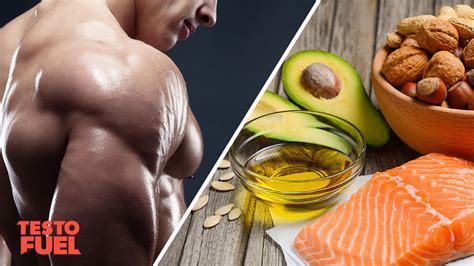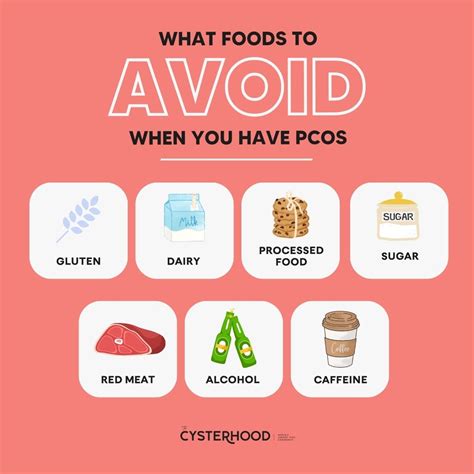What specific dietary fats are most beneficial for supporting healthy testosterone levels in men?

The Essential Role of Dietary Fats in Testosterone Production
Testosterone, the primary male sex hormone, plays a critical role in muscle mass, bone density, libido, mood, and overall vitality. While many factors influence its levels, dietary intake stands out as a powerful modulator. Specifically, the type and quality of fats consumed significantly impact the body’s ability to produce and maintain healthy testosterone levels. It’s not about avoiding fats, but rather embracing the right ones.

Monounsaturated Fats (MUFAs): Cornerstones of Hormonal Health
Monounsaturated fats are widely recognized for their heart-healthy benefits, but their role extends to endocrine function. Research suggests a positive correlation between MUFA intake and higher testosterone levels. These fats are thought to support cholesterol synthesis, which is a direct precursor to testosterone and other steroid hormones. They also contribute to overall cellular health, ensuring optimal function of hormone-producing glands.
Excellent sources of MUFAs include:
- Olive Oil: Especially extra virgin olive oil, which is rich in antioxidants.
- Avocados: A nutrient-dense fruit packed with healthy fats, vitamins, and minerals.
- Nuts: Almonds, cashews, pecans, and hazelnuts.
- Seeds: Sesame seeds and pumpkin seeds.
Saturated Fats (SFAs): A Nuanced Approach for Testosterone
Once demonized, saturated fats are now understood to be essential for hormone production, albeit in moderation. Cholesterol, derived in part from dietary saturated fat, is the foundational molecule from which testosterone is synthesized. A diet too low in saturated fat can potentially limit the raw materials needed for this crucial process. However, the key lies in balance and source.
Beneficial sources of SFAs (consumed in moderation) include:
- Red Meat: Grass-fed beef, in particular, offers a good balance of fats and essential nutrients like zinc.
- Eggs: The yolks are a powerhouse of cholesterol and fat-soluble vitamins.
- Coconut Oil: Rich in medium-chain triglycerides, which have unique metabolic properties.

Omega-3 Polyunsaturated Fats (PUFAs): Reducing Inflammation and Boosting Health
While the focus is often on MUFAs and SFAs for direct testosterone precursors, omega-3 polyunsaturated fatty acids play a vital supporting role by managing inflammation and improving overall cellular function. Chronic inflammation can negatively impact hormone production and sensitivity. Omega-3s, particularly EPA and DHA, help mitigate this, creating a more favorable environment for testosterone synthesis and action.
Key sources of Omega-3s include:
- Fatty Fish: Salmon, mackerel, sardines, and trout.
- Flaxseeds and Chia Seeds: Plant-based sources of ALA (alpha-linolenic acid), which the body can convert to EPA and DHA.
- Walnuts: Another good plant-based source of ALA.

Fats to Limit or Avoid for Optimal Testosterone
Just as some fats boost testosterone, others can hinder it. Trans fats, often found in processed foods, margarines, and fried items, are detrimental to overall health and have been linked to lower testosterone levels. Excessive intake of omega-6 polyunsaturated fats, prevalent in many vegetable oils (e.g., soybean, corn, sunflower), can also promote inflammation if not balanced with sufficient omega-3s.

A Balanced Dietary Strategy for Testosterone Support
To optimize testosterone levels through diet, focus on a balanced intake of beneficial fats. Incorporate ample monounsaturated fats from olive oil and avocados, include moderate amounts of healthy saturated fats from eggs and lean meats, and ensure a consistent supply of omega-3s from fatty fish or supplements. This approach provides the necessary building blocks and a healthy physiological environment for robust hormone production.
Beyond specific fats, a holistic diet rich in whole foods, lean proteins, diverse vegetables, and adequate micronutrients (like zinc and Vitamin D) will further support endocrine health and overall well-being.

Conclusion
Dietary fats are not merely energy sources; they are fundamental to male hormonal health, particularly testosterone production. By consciously choosing monounsaturated fats, healthy saturated fats in moderation, and anti-inflammatory omega-3s, men can significantly contribute to maintaining optimal testosterone levels. Prioritizing these beneficial fats while minimizing harmful trans fats and excessive omega-6s forms a powerful nutritional strategy for supporting vitality and well-being.








